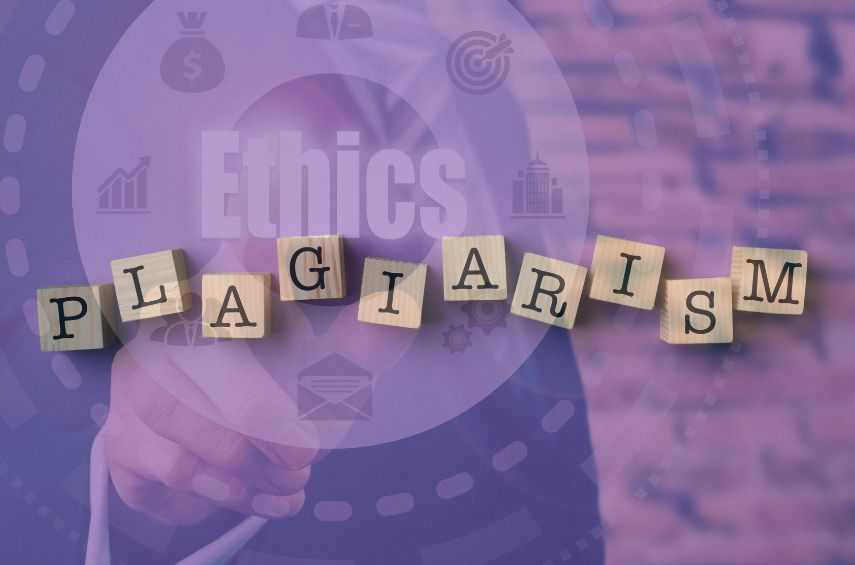Introduction
In the digital age, the accessibility of information has transformed the landscape of education, enabling both convenient learning and potential pitfalls. While online class help might offer a shortcut, the paramount importance of academic integrity and plagiarism’s ethical and legal implications cannot be overstated. In this comprehensive exploration, we will delve into the multifaceted aspects of plagiarism, the ethical responsibilities of learners, and the legal consequences of academic misconduct.
Understanding Plagiarism
Plagiarism involves presenting someone else’s ideas, words, or work as your own without proper attribution. It undermines the credibility of education and violates the principles of intellectual honesty and originality. Recognizing the consequences of plagiarism is crucial. Upholding academic integrity fosters a culture of trust, respect, and genuine learning, ensuring a foundation of credibility and ethics in education.
Types of Plagiarism
- Verbatim Plagiarism: Copying and pasting text directly from a source without proper citation.
- Paraphrasing Plagiarism: Rephrasing someone else’s work without giving credit or altering the original meaning.
- Patchwork Plagiarism: Combining verbatim and paraphrased content from multiple sources without proper acknowledgement.
- Self-Plagiarism: Presenting your own previously submitted work without permission or proper citation.
Ethical Considerations
Ethical considerations are pivotal in guiding responsible decision-making, upholding academic integrity, and fostering a culture of honesty and respect within the educational realm.
Upholding Academic Integrity
- Crediting Sources: Properly attribute ideas, quotes, and information to their original authors.
- Independent Work: Strive to create original content and express your unique perspective.
- Respect for Knowledge: Honor the contributions of others by acknowledging their intellectual property.
Consequences of Plagiarism
Engaging in plagiarism yields far-reaching adverse outcomes. It erodes trust, tarnishing your academic and professional standing. Moreover, plagiarism stifles authentic learning, depriving you of immersing yourself in the subject. This dishonest practice devalues academic achievements, robbing you of genuine personal and intellectual growth opportunities.
- Damage to Reputation: Plagiarism erodes trust and damages your academic and professional reputation.
- Learning Impairment: Plagiarism hinders your growth by preventing you from engaging deeply with the material.
- Missed Opportunities: Academic achievements lose value when not earned through genuine effort.
Legal Implications
Plagiarism can lead to serious legal consequences, including copyright infringement lawsuits and academic penalties. Understanding the legal aspects is crucial to maintaining ethical integrity and safeguarding your educational and professional future.
Copyright Infringement
Using someone else’s work without permission can lead to legal action for copyright violation.
Academic Policies
Educational institutions have strict policies against plagiarism, which may result in disciplinary actions, including failing assignments, courses, or expulsion.
Professional Consequences
Plagiarism can impact future career opportunities, as employers value candidates with solid ethics and integrity.
Role of Online Class Assistance
While the idea of “take my online class” might arise, actively participating in your online courses holds more excellent value:
Learning and Growth
Engaging in coursework fosters genuine understanding, critical thinking, and skill development.
Skill Enhancement
Participating in discussions, assignments, and exams hones your abilities and supports academic achievement.
Ethical Responsibility
Taking ownership of your education upholds the principles of academic integrity and personal growth.
Conclusion: Cultivating Integrity in Education
As the digital realm continues to shape education, the significance of maintaining academic integrity remains unwavering. The allure of online class help services may seem enticing, but the actual value of education lies in the pursuit of knowledge, ethical conduct, and personal growth.
Embrace the principles of integrity, originality, and respect for intellectual property. Strive to contribute authentically to your educational journey, nurturing a sense of accomplishment, credibility, and ethical responsibility to serve you well throughout your academic and professional endeavors.

